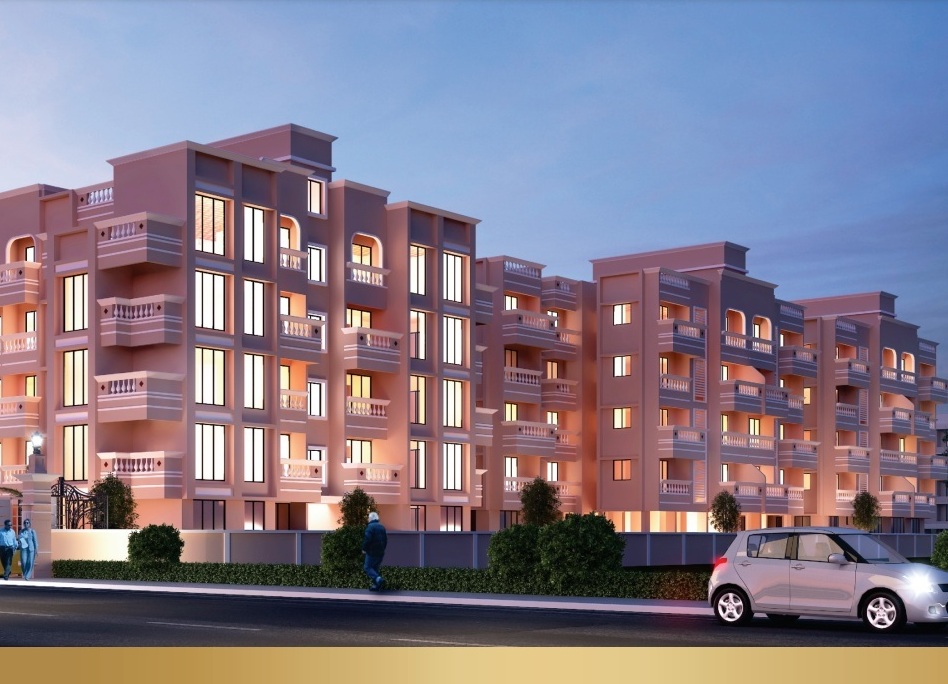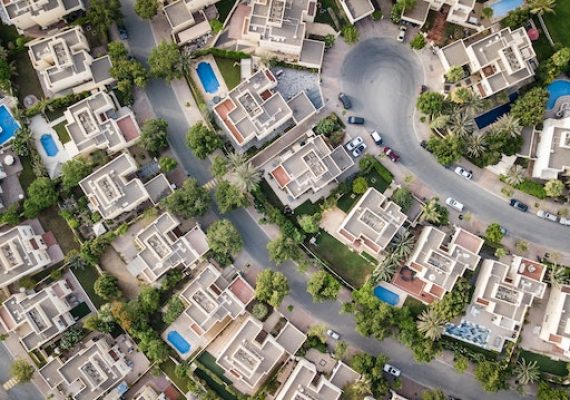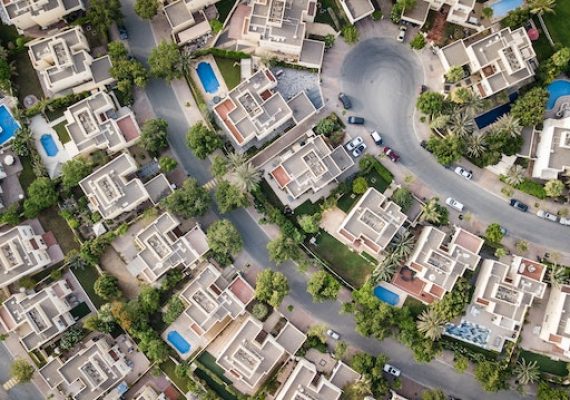Real Estate Trends in India for 2023: A Promising Outlook
Real Estate Trends in India for 2023: A Promising Outlook. :
The Indian real estate sector has been experiencing significant transformations in recent years, fueled by evolving market dynamics, policy reforms, and technological advancements. As we step into 2023, it becomes essential for potential homebuyers, investors, and industry professionals to stay informed about the latest trends shaping the Indian real estate landscape. This article highlights the key real estate trends that are expected to drive the industry forward in 2023, offering valuable insights for those involved in the sector.
Affordable Housing and Government Initiatives:
One of the most prominent trends in the Indian real estate market is the focus on affordable housing. The government’s ambitious initiative, Pradhan Mantri Awas Yojana (PMAY), aims to provide affordable housing to all by 2022. With the deadline approaching, developers are actively engaging in affordable housing projects across the country. The availability of subsidies, tax incentives, and reduced interest rates on home loans for affordable housing has made it an attractive proposition for both developers and home buyers.
Co-Working Spaces and Flexible Work Environments:
The rise of the gig economy and remote work culture has given impetus to the demand for co-working spaces and flexible office solutions. With an increasing number of professionals opting for remote work or freelance opportunities, the demand for shared work spaces has witnessed exponential growth. Real estate developers are adapting to this trend by incorporating co-working spaces and flexible work environments within residential and commercial projects to cater to the changing needs of the workforce.

Smart Homes and Sustainable Development:
Technological advancements have permeated every aspect of our lives, and the real estate sector is no exception. Smart homes equipped with automation, IoT devices, and energy-efficient solutions are gaining popularity among home buyers. These homes offer convenience, security, and energy savings, making them an appealing choice for tech-savvy buyers. Additionally, sustainable development practices such as green buildings, rainwater harvesting, and solar power integration are becoming integral to real estate projects, aligning with the growing focus on environmental conservation.
Rise of Tier 2 and Tier 3 Cities:
While metro cities continue to be the preferred investment destinations, the real estate market in Tier 2 and Tier 3 cities is witnessing substantial growth. Factors such as improved infrastructure, connectivity, and relatively lower property prices are attracting both developers and home buyers to these emerging markets. As urbanization spreads beyond metropolitan areas, the real estate sector in smaller cities presents lucrative opportunities for investors seeking higher returns.
Real Estate Investment Trusts (REITs) and Institutional Investments:
Real Estate Investment Trusts (REITs) have gained traction in the Indian market, providing an avenue for investors to participate in the commercial real estate sector. REITs offer the advantage of liquidity, diversification, and professional management, attracting institutional investors and retail investors alike. The successful launch of REITs in India has opened doors for more such offerings, leading to increased institutional investments and transparency in the real estate sector.
Digitization and Online Platforms:
The digital revolution has revolutionized the way real estate transactions take place in India. Online platforms have emerged as a preferred medium for property search, property listings, and even virtual property tours. This trend is expected to continue growing, allowing buyers and sellers to connect more efficiently, reducing transaction costs, and enhancing transparency in the market. Additionally, technology-driven tools like artificial intelligence and data analytics are being leveraged to provide personalized property recommendations and streamline the buying and selling process.
Mixed-use Developments and Lifestyle Amenities:
Mixed-use developments, combining residential, commercial, and retail spaces in a single project, are gaining popularity in urban centers. These integrated developments offer convenience, saving residents the hassle of commuting long distances for work, shopping, and entertainment. Moreover, developers are focusing on providing lifestyle amenities such as sports facilities, wellness centers, and recreational spaces within residential complexes, catering to the evolving preferences of home buyers who seek a holistic living experience.
Also Read : Top 10 Interior Designing Trends For 2023 – Best Ideas
Artistry of Mosaic Designs for Stunning Interior Decorations.
Conclusion:
The Indian real estate industry is poised for significant growth in 2023, driven by various trends that respond to the evolving demands of home buyers, investors, and the workforce. Affordable housing, co-working spaces, smart homes, and sustainable development are reshaping the sector, while Tier 2 and Tier 3 cities offer new avenues for investment. The emergence of REITs, digitization, and mixed-use developments further contribute to the transformation of the Indian real estate landscape. By keeping a pulse on these trends, stakeholders can make informed decisions and navigate the evolving market dynamics successfully.









